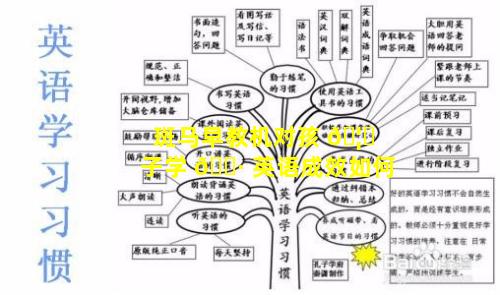究竟怎样呈现先秦子学的英语介绍
- 作者: 李晴鸢
- 来源: 投稿
- 2024-10-01

1、究竟怎样呈现先秦子学的英语介绍
呈现先秦子学的英语介绍
Ancient Chinese Philosophical Schools and Their Enduring Impact
Briefly introduce the concept of Chinese philosophy and its historical origins.
Highlight the significance of the preQin period (c. 771221 BCE) as a formative era for Chinese thought.
儒家(Confucianism):
Define Confucianism and its founder, Confucius.
Explain the core principles of Confucian ethics, including benevolence, righteousness, propriety, and knowledge.
Discuss Confucianism's emphasis on social harmony, family values, and education.
道家(Daoism):
Introduce Laozi and Zhuangzi as the founders of Daoism.
Describe the Daoist concept of "dao" (the Way) as the ultimate reality.
Explain the Daoist principles of nonaction, spontaneity, and the unity of opposites.
墨家(Moism):
Identify Mozi as the founder of Moism.
Summarize the Mohist philosophy of universal love, impartiality, and the condemnation of war.
Discuss Moism's emphasis on reason and logic in ethical decisionmaking.
法家(Legalism):
Define Legalism and its prominent thinkers, such as Han Fei and Shang Yang.
Explain the Legalist belief in the necessity of strict laws and harsh punishments.
Discuss the Legalist focus on the state's power and the need for absolute obedience.
名家(Logicians):
Introduce the Name School and its founders, Hui Shi and Gongsun Long.
Explain the Name School's focus on logic, paradoxes, and the nature of language.
Discuss the Name School's contributions to the development of Chinese philosophy.
杂家(Miscellaneous School):
Define Miscellaneous School and its eclectic nature, combining ideas from various other schools.
Discuss the influence of the Miscellaneous School on later Chinese thought and its promotion of a holistic approach to philosophy.
结论:Summarize the main principles and contributions of each preQin philosophical school.
Highlight the enduring impact of these schools on Chinese culture and thought.
Discuss the continuing relevance of these philosophies in modern society.




